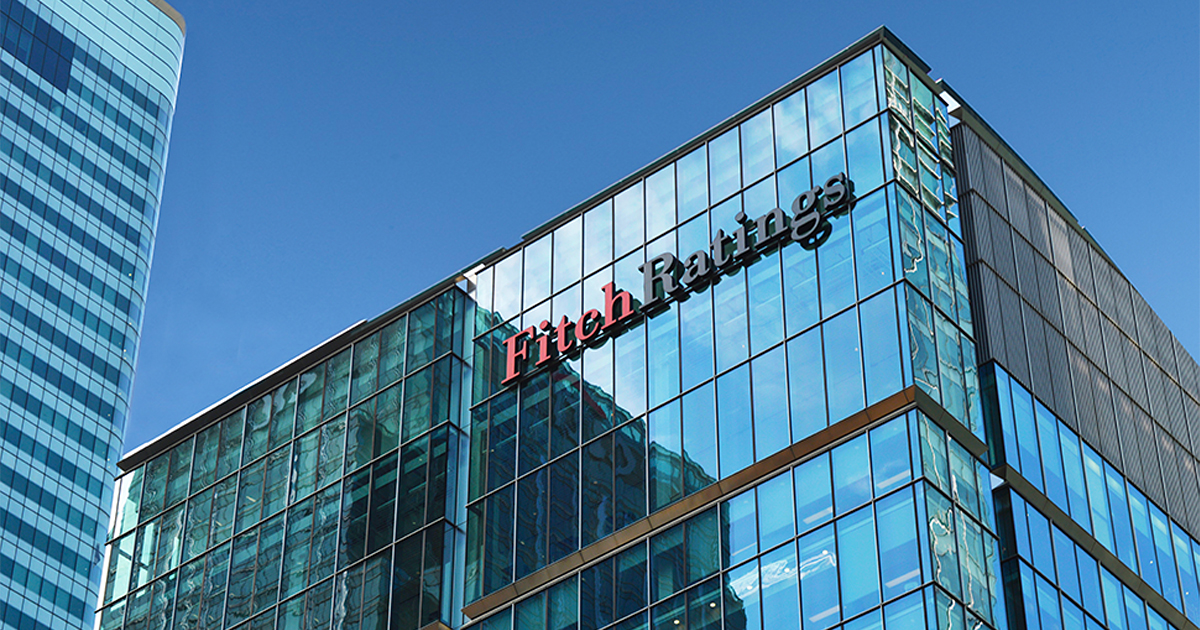Fitch Ratings – London – 24 Jan 2022: Fitch Ratings has affirmed Ecobank Nigeria Limited’s (ENG) Long-Term Issuer Default Rating (IDR) at ‘B-‘ with a Stable Outlook. Fitch has simultaneously upgraded ENG’s National Short-Term Rating to ‘F2(nga)’ from ‘F3(nga)’. A full list of rating actions is detailed below.
Fitch has withdrawn ENG’s Support Rating as it is no longer relevant to the agency’s coverage following the publication of its updated Bank Rating Criteria on 12 November 2021. In line with the updated criteria, we have assigned a Shareholder Support Rating (SSR) of ‘ccc+’. Fitch has also withdrawn ENG’s Long-Term Local Currency IDR, which was published in error. Key Rating Drivers
IDRS AND VIABILITY RATING
The IDRs of ENG are driven by its standalone creditworthiness, as expressed by its Viability Rating (VR) of ‘b-‘. The VR reflects the concentration of its operations within Nigeria’s challenging operating environment, high credit concentrations, asset-quality weaknesses, modest profitability and weak capitalisation in the context of these risks. It also reflects a sizeable franchise and a healthy funding and liquidity profile.
ENG has moderate market shares of Nigeria’s banking-sector assets (4% at end-2020) but its franchise benefits from being a subsidiary of Ecobank Transnational Incorporated (ETI; B-/Stable); a large pan-African banking group with operations spanning 33 countries across sub-Saharan Africa (SSA).
Single-borrower credit concentration is very high, with the 20 largest loans representing 69% of gross loans and 288% of Fitch Core Capital (FCC) at end-1H21. Exposure to the oil and gas sector is the highest in the banking sector (41% of gross loans; 171% of FCC at end-1H21) and is weighted towards the upstream segment, posing a significant risk to ENG’s standalone creditworthiness in the event of a prolonged period of low oil prices and production cuts. Foreign-currency (FC) lending is also the highest of all banks under our coverage (54% of gross loans at end-1H21), partly reflecting high oil and gas lending. ENG intends to gradually reduce its oil and gas exposure over the medium-term.
ENG’s impaired loans (Stage 3 loans under IFRS 9) ratio of 17% at end-1H21 is higher than that of peers but has improved in recent years, declining from 23.9% at end-2019 as a result of loan reclassifications, recoveries and write-offs. The impaired loans ratio is expected to decline further over the next 18 months, driven by the reclassification of two large upstream oil exposures following the commencement of production amid higher oil prices […]
